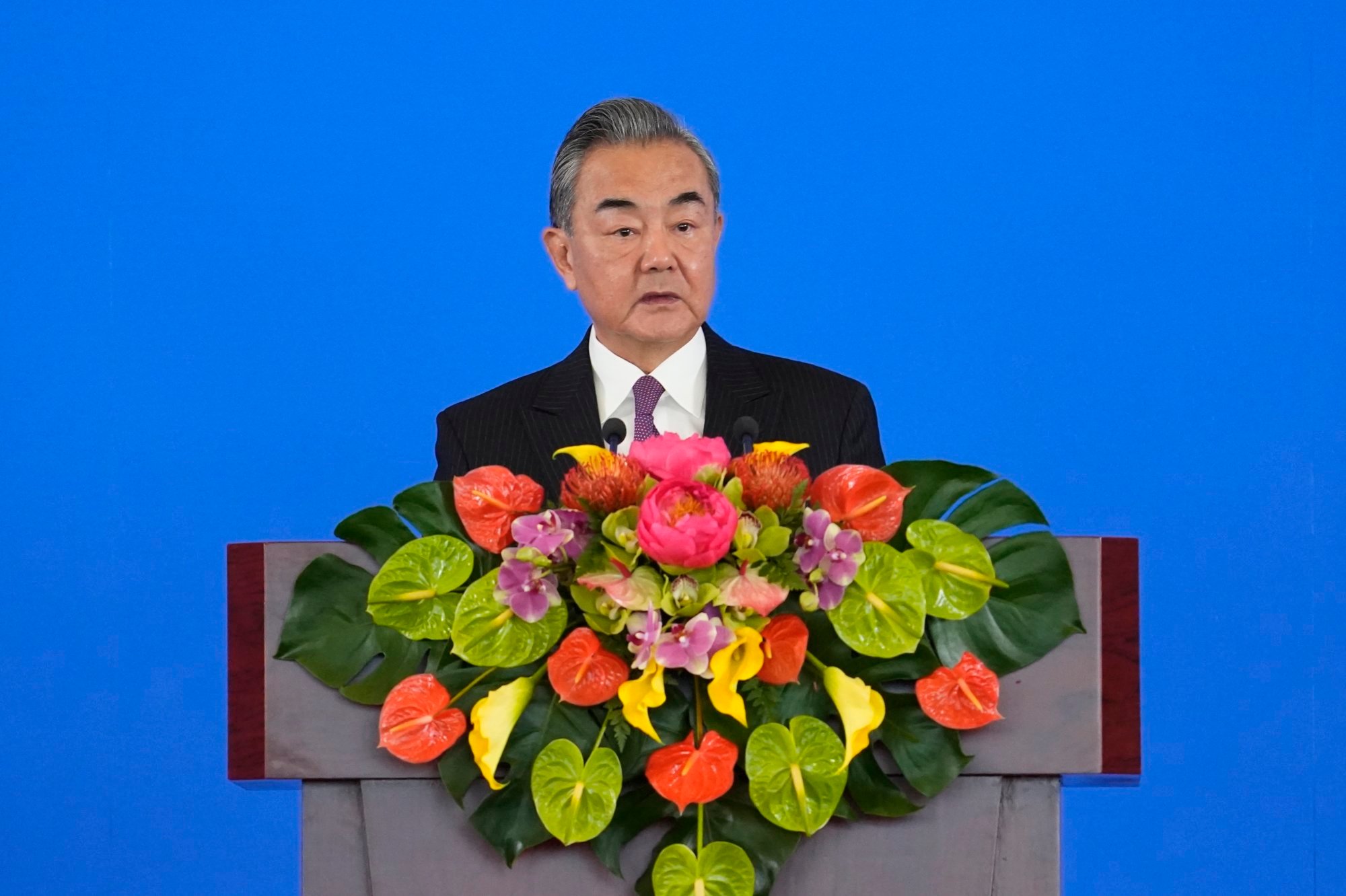Analysts say an increase in official exchanges between the two powers – from their deputy foreign ministers to the economic and financial working groups and Wang’s Washington trip – indicated preparations could be under way for a leaders’ summit.
Alfred Wu, associate professor at the National University of Singapore’s Lee Kuan Yew School of Public Policy, said the recent contact suggested that Xi was likely to join the Apec meeting.
He pointed to this week’s trip by Wang, China’s top diplomat, and media reports that Vice-Premier He might also visit the US, saying “the Chinese side is trying to discuss with their US counterparts a potential meeting” between Xi and Biden.
Wu expected arrangements for a summit to top Wang’s agenda when he meets Blinken and Sullivan, including details such as how the leaders will meet and the messages they plan to deliver.

Chong Ja Ian, an associate professor at the National University of Singapore, said there was “some stabilisation of Sino-US ties, but whether that amounts to a thawing of bilateral ties remains to be seen”.
Xi’s last trip to the US was in April 2017, when he visited then-president Donald Trump in Florida. Biden has not travelled to China as president.
China and the US have been at loggerheads over issues ranging from trade and technology to security and human rights. Tensions appeared to be easing when Xi and Biden met in person in Bali, Indonesia last November, but relations again deteriorated when the US shot down an alleged Chinese spy balloon in February.
Sources familiar with the matter have told the Post that the US has invited China for the Apec meeting but there has been no invitation for a Xi-Biden summit as yet – they said that could happen if Wang and Blinken reach an agreement this week.
Beijing has yet to confirm whether Xi will attend the Apec forum, saying only that it will release information “formally in due course”.
The non-committal approach gives Beijing more flexibility to pull out if needed, according to analysts.
“If Beijing wants to send a stronger message, they could also publicly say that the meeting did not take place because of some action from the other side that upset them,” Chong from NUS said.
It could also be a way to play down public expectations and manage risks, according to a Chinese expert in US-China relations who declined to be named because they were not authorised to speak to the media.
Pentagon to send defence officials to China’s Xiangshan security forum
Pentagon to send defence officials to China’s Xiangshan security forum
While analysts saw a potential Xi-Biden summit as a way to help stabilise ties, they said it would be unlikely to yield a breakthrough.
“Since the US is entering the presidential campaign period, Biden wants to be seen as being able to negotiate with external stakeholders and able to maintain open lines of communication,” Wu said. “At the same time, he cannot be viewed as being weak when handling China.”
The Chinese academic said there were signs of a de-escalation in tensions in recent official exchanges, and that Wang’s trip would be a “warm-up” to create the right atmosphere for a Xi-Biden summit.
If it does go ahead, positive outcomes are unlikely, according to Josef Mahoney, an international relations professor at East China Normal University in Shanghai.
“While these new meetings and others signal a softening in rhetoric and perhaps some cooperation in areas of mutual interest, the broader trend towards a cold war is still under way and by some accounts, already here,” he said.


